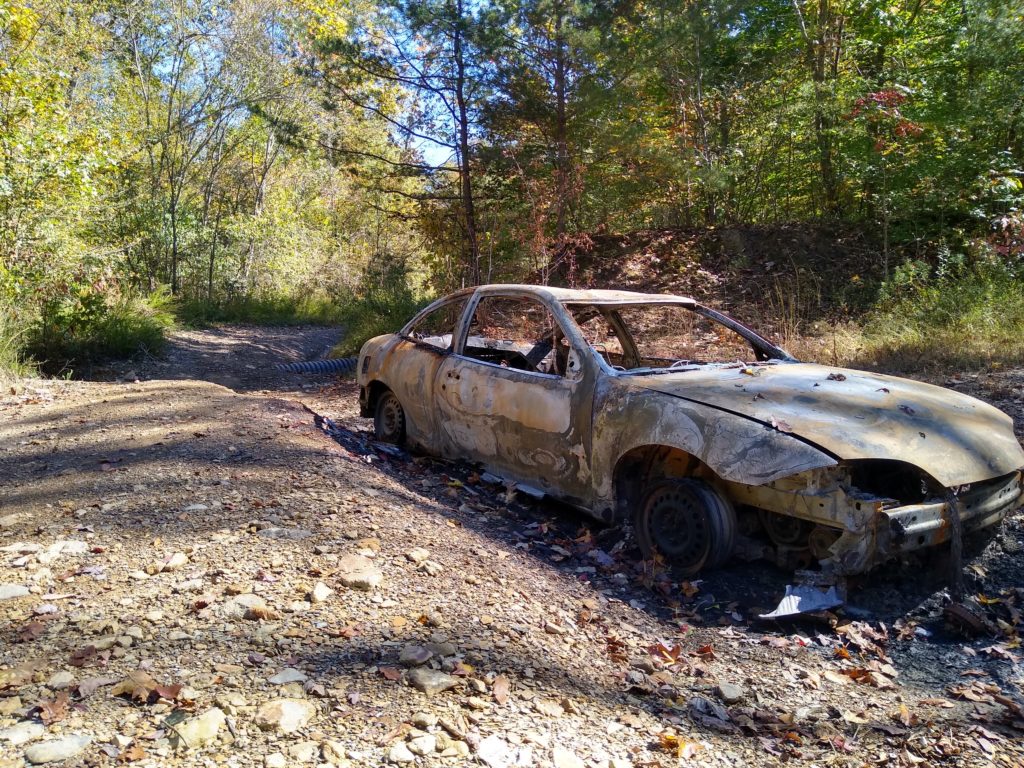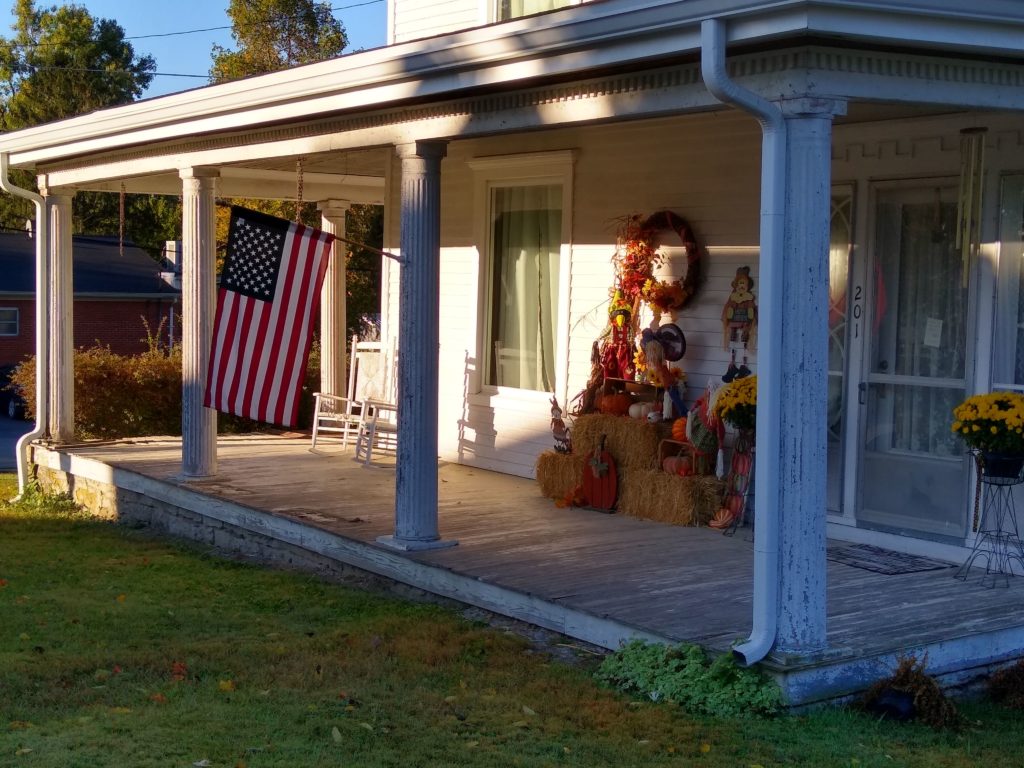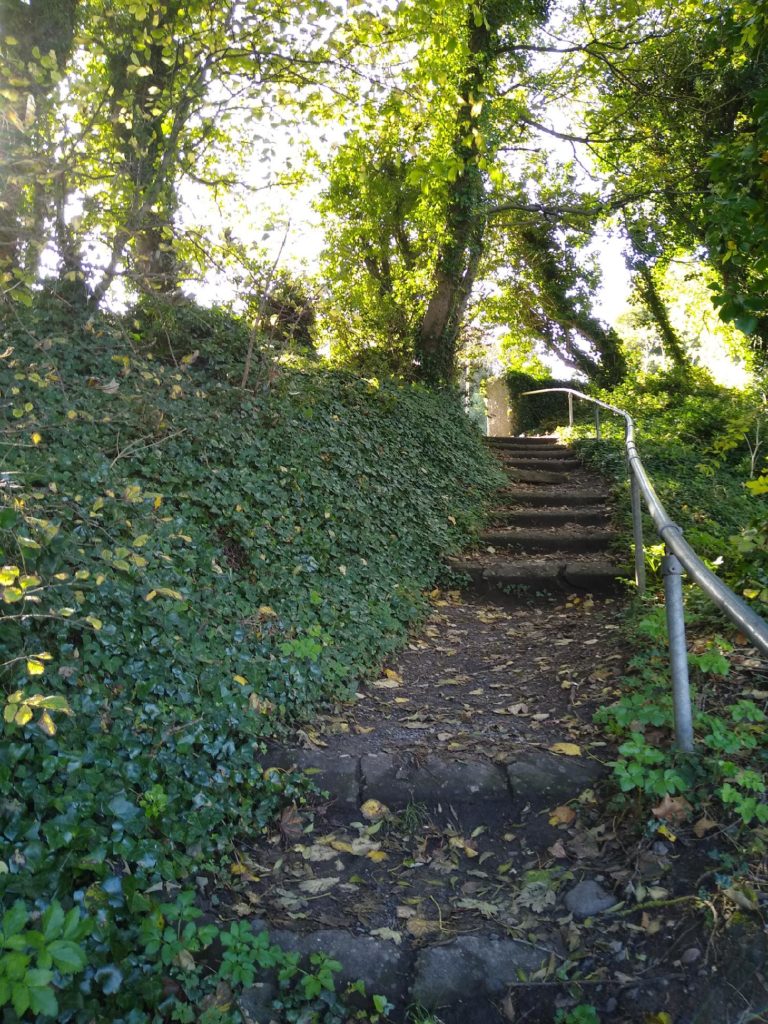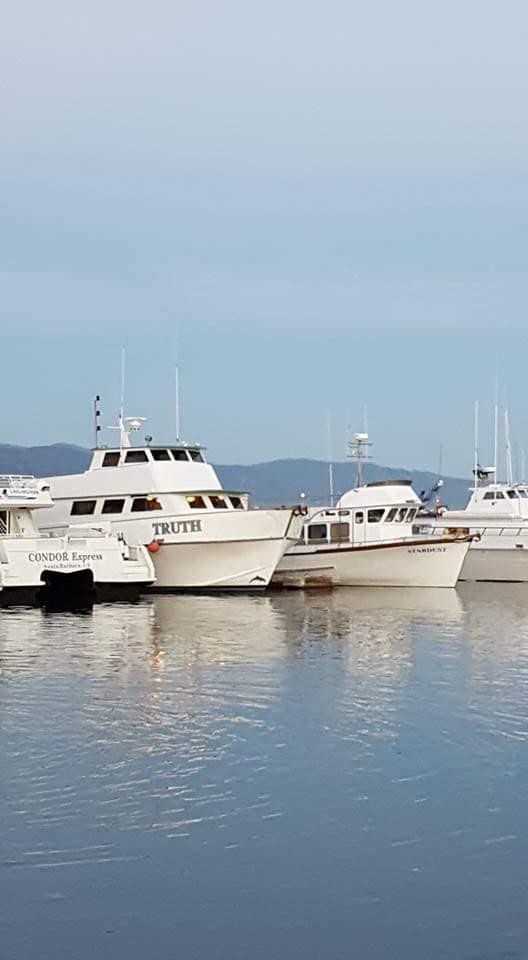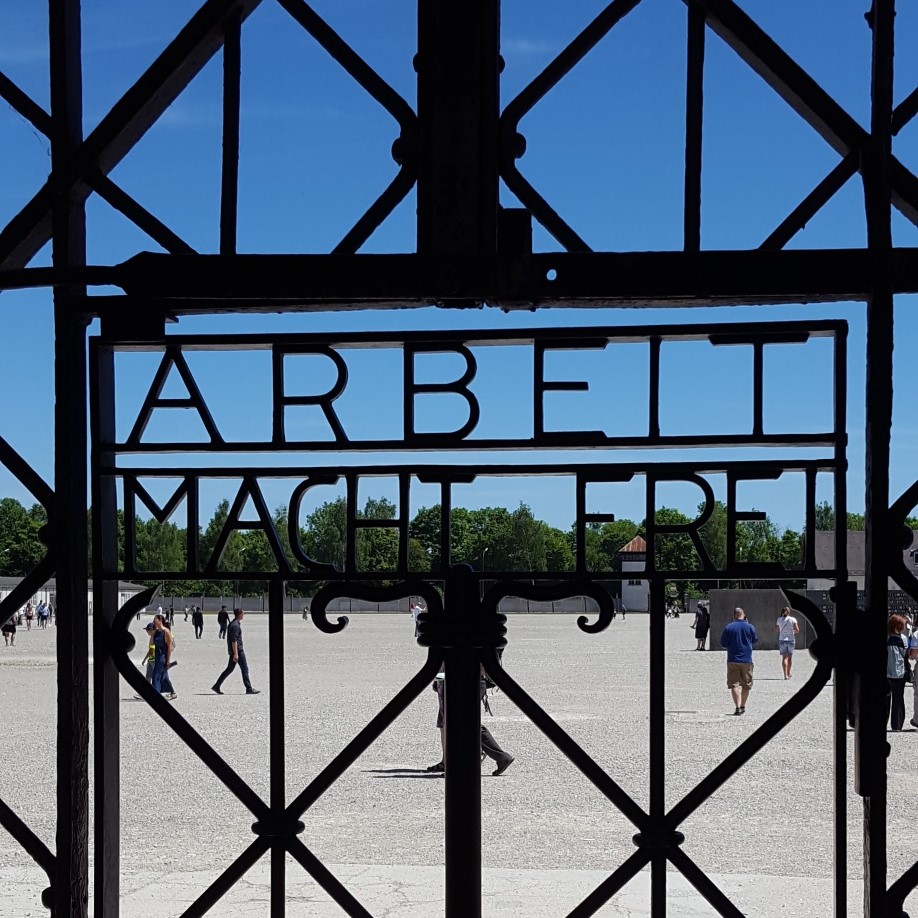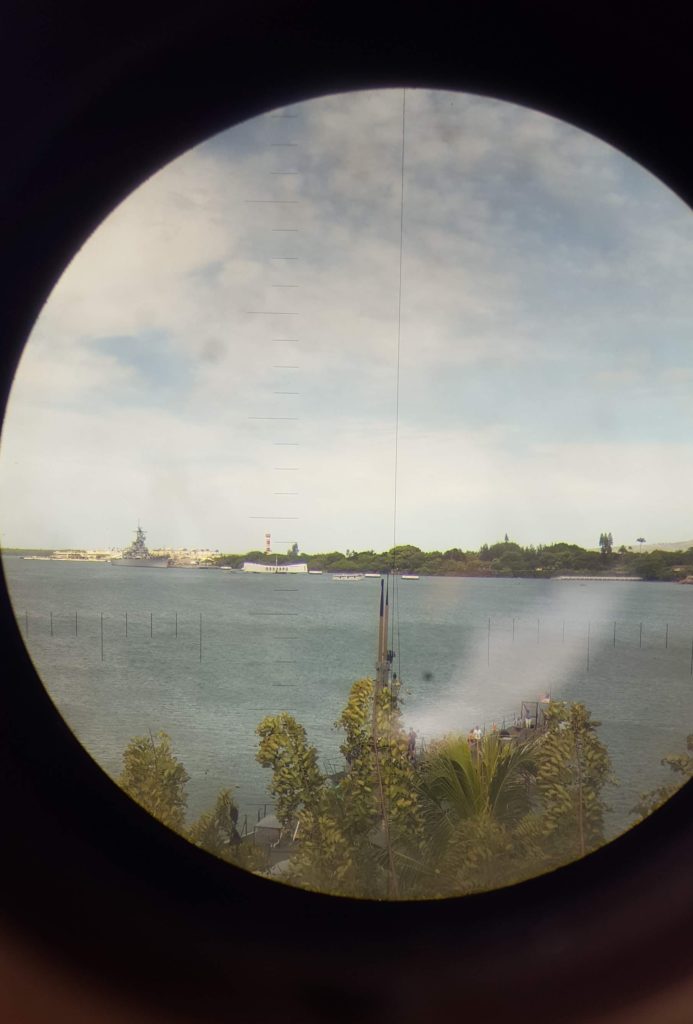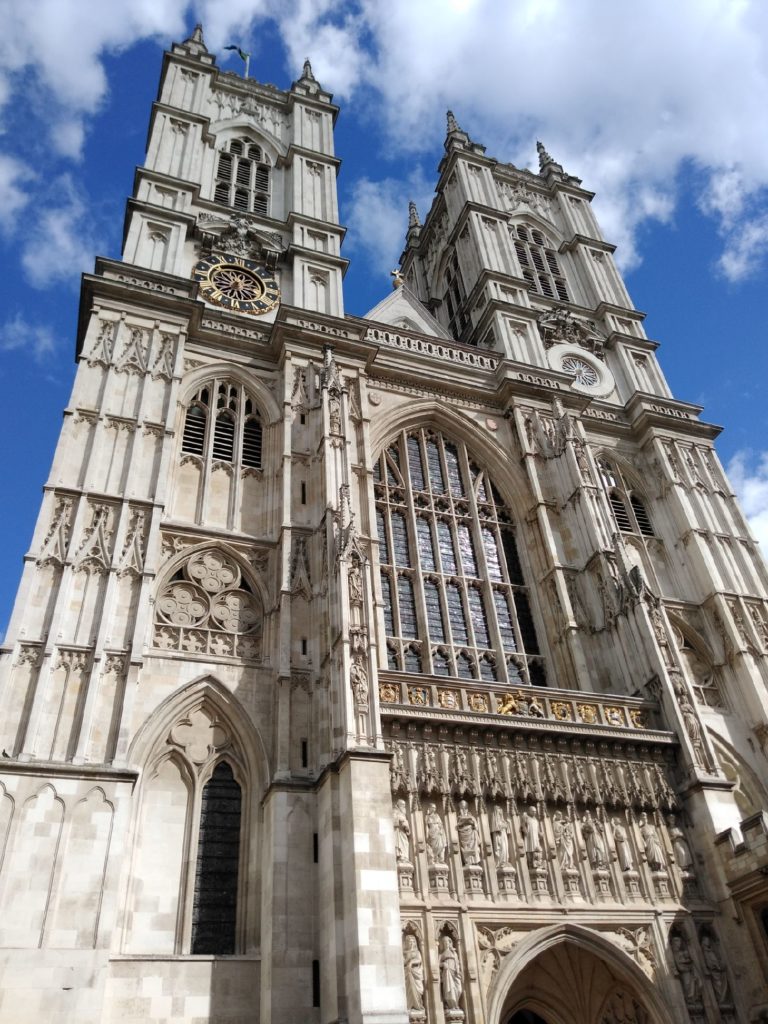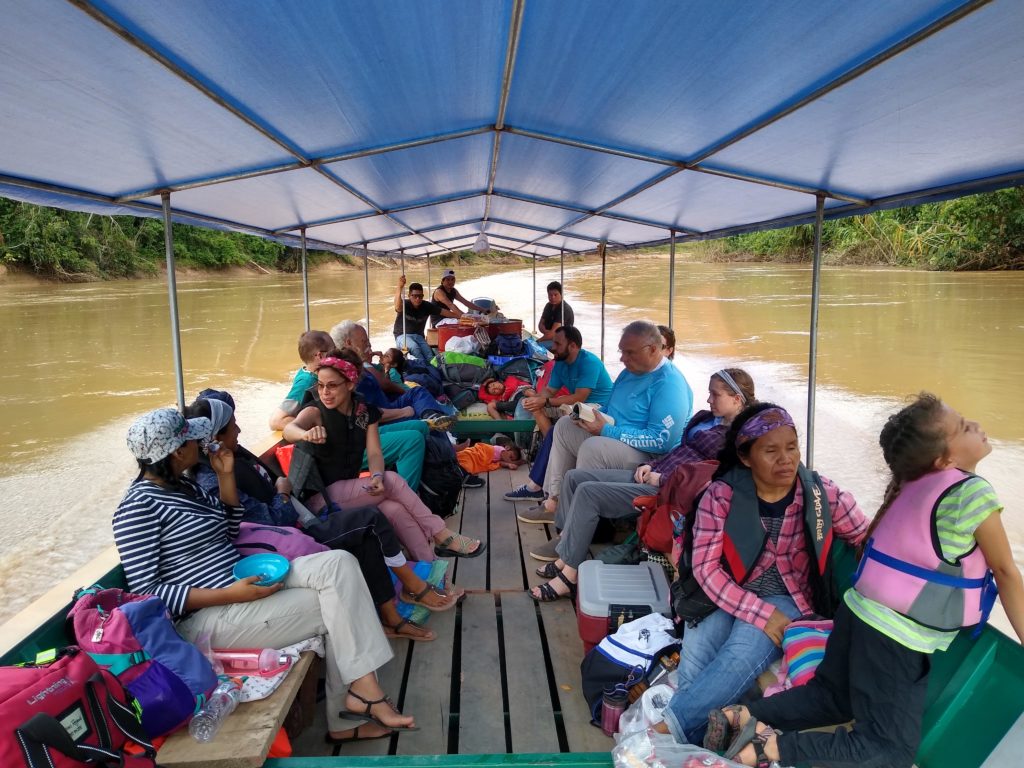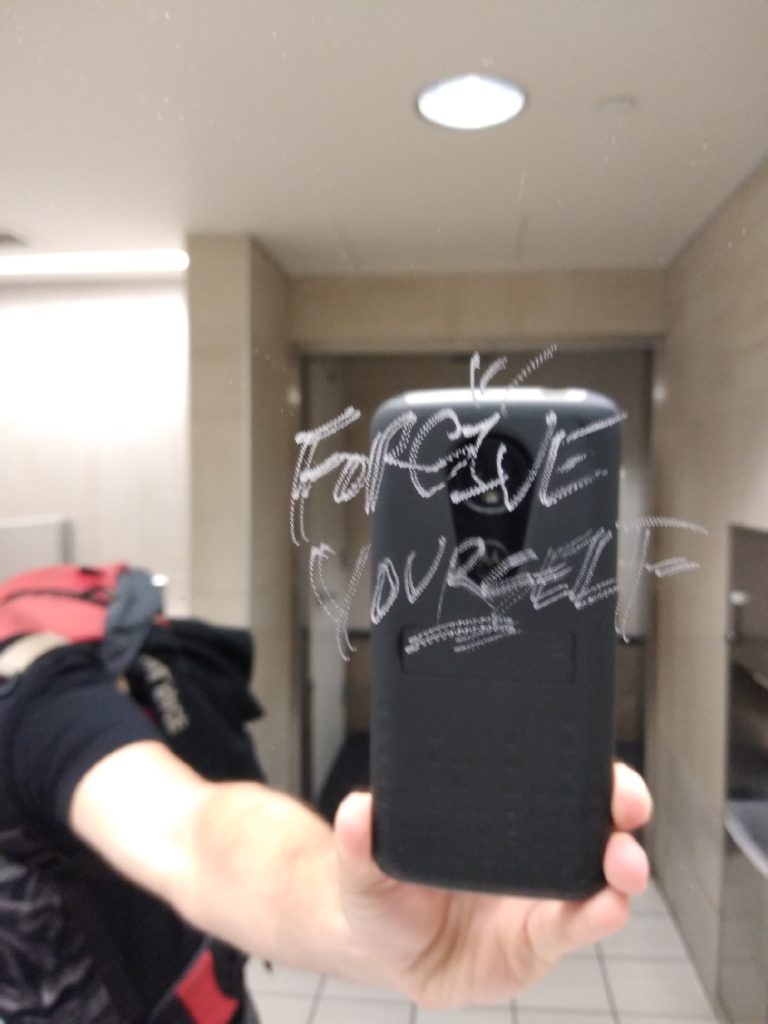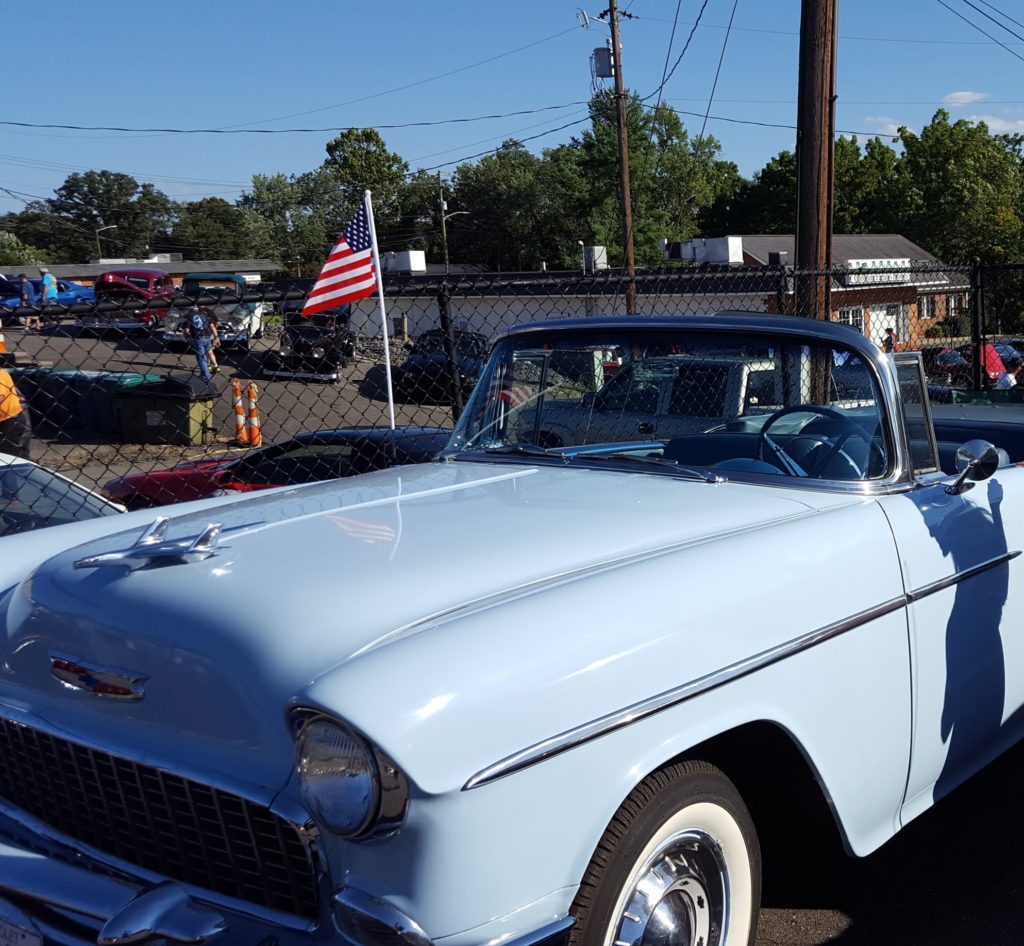
Travel Journal, 86
Gems of a simpler time still exist.
Our rental car careened down the narrow North Carolina roads. We flew into Charlotte to get to our destination. We were in search of a simpler time, a simpler place.
We happen to really love North Carolina. On one side sits the Atlantic Ocean and promises of warm beaches and weekend getaways. But the direction we drove took us to the hilly and rugged lands of Appalachia. Most states in the US make the same claim: that theirs is the most varied or diverse. And if anybody from North Carolina says that, they would be right. Mountains, ocean, warm weather, and cool weather; what’s not to love?
The summer sun shone down through the Loblolly pines. We looked at the instructions listed on the Airbnb notes.
“I think this is it,” I said, though my voice betrayed my doubts.
The notes said to follow this winding road to some road marker, then turn right under the flags hanging in the trees.
I looked up and saw that the only thing hanging in the trees was a filthy, old, and torn t-shirt. Hesitantly, I turned the small SUV into the presumed driveway. The notes had also warned us to bring a vehicle with 4-wheel drive.
My wife turned to me some weeks before this and said, with a brightness in her eyes, that she wanted to stay in a cabin in the middle of the woods. And I, like the dutiful husband I am, obliged.
The dense forest opened to a small clearing. In that clearing sat an ancient cabin. Over 100 years old, the cabin had been moved here, electricity and water added, and promptly placed online for rental.
We felt like settlers.
With water.
And electricity.
And internet.
Our car unloaded, we set off for town.
And to the great delight of my wife, a classic americana experience lay in wait.
Nearby sits the small town of Mount Airy. Close to that is Pilot Mountain. To anybody familiar with classic television, these names might sound familiar.
Andy Griffith grew up in Mount Airy. And his namesake TV show is actually based on his life in that place. We parked our car and walked the streets. Little shops resemble the actual show of the fifties. A small museum contains a fine collection of Mayberry paraphernalia. And down the road, summer tourists can visit an exact replica of Andy and Barney’s sheriff’s office.
We opened the door and immediately, my wife sat behind Andy’s desk and pretended to answer the phone. I locked myself into the cell where Otis often locked himself after a night of drinking. Later, we took a ride in one of the Ford Galaxie replicas of Andy’s police car.
Not far from Mount Airy is Pilot Mountain, another picturesque town. As chance would have, a classic car show had just started that day. What could be more classically American than a classic car show?
“Look,” said my wife, “a Chevy Belair!”
“Hey, another one!”
We took a picture near around 20 Chevy Belair cars that day.
The unmistakable flavor of America’s glory days perseveres and will do so as our nation ages. I believe that it is human nature to hold onto a seemingly simpler past. It reminds us of who we were, who we are, and where we are going. And it is an especially American thing to remember the glories of our days gone by.
In this way, America is good.
anthony forrest
Keep up with the rest of the series:

